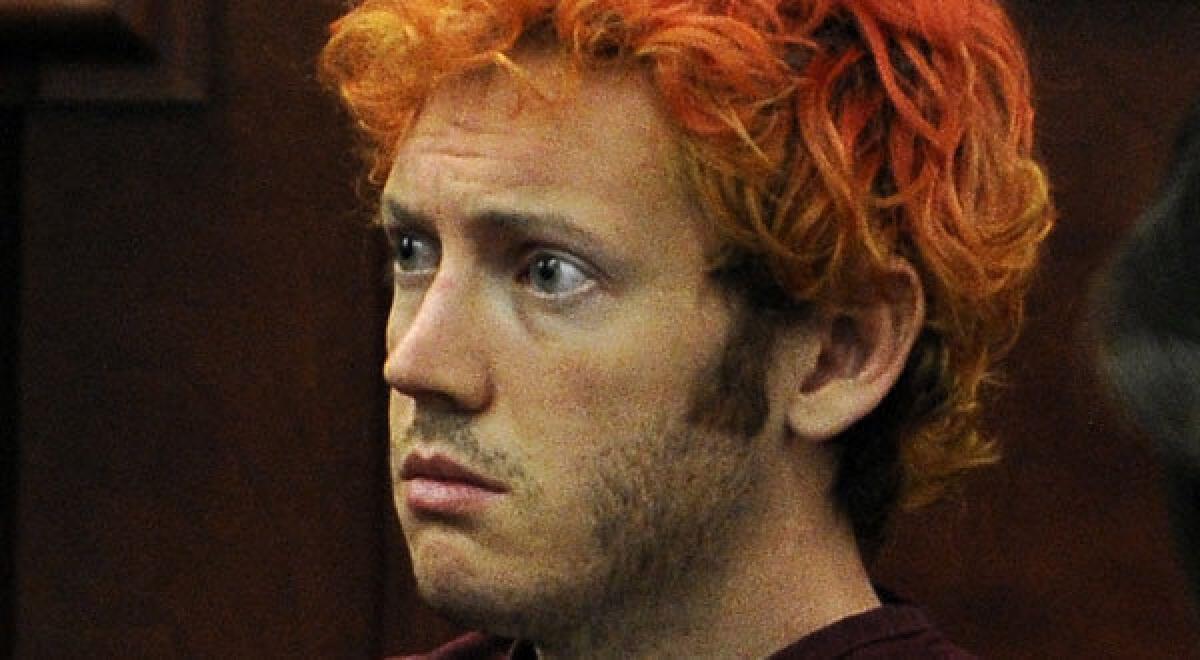Movie theater massacre: James Holmes due in court today

James E. Holmes, charged in the Colorado movie theater shooting that roiled the nation in July, is due in court on Monday for a hearing to discuss a variety of issues including whether the prosecution violated a gag order.
Holmes, 24, faces 166 charges in the attack that killed 12 and wounded at least 58 during the premiere of “The Dark Knight Rises” just past midnight in a packed Aurora theater. He is being held without bond.
Monday’s hearing was supposed to have taken place on Nov. 15, but was put off when his lawyers told the court that Holmes could not attend. The lawyers argued that they couldn’t give details for the delay without violating privileged medical or psychiatric information.
However, local media have reported that Holmes was injured when he hit his head on a wall, an apparently intentional effort to maim himself or worse, to commit suicide. When Holmes appears, it will be the first chance to see if there is any evidence of a self-inflicted wound.
Lawyers representing Holmes have filed a motion seeking sanctions against the prosecution. The defense argues that prosecutors anonymously disclosed details to some media outlets about the contents of a notebook Holmes had mailed to his psychiatrist. That unauthorized release of information violated a court-ordered gag order, the defense will argue.
Witnesses are expected to be called during the hearing that could last all day.
Among other issues to be argued are the contents of a cellphone taken from a classmate of Holmes. The defense would like to share in that information obtained by the prosecution.
Monday is the first of two hearings scheduled for this week in the mass shooting of moviegoers at the Aurora theater showing the Batman film on July 20.
Last week, the University of Colorado-Denver, where Holmes had been a doctoral student in neuroscience, released thousands of emails about the suspect. Most of the emails to and from Holmes were mundane correspondence sent to all graduate students about campus activities and scheduled department events.
Thousands of the emails remain sealed because of patient privilege and a federal law that keeps academic records private.
ALSO:
One day, 138 same-sex marriages
Father accidentally kills son, 7, outside gun store
Two killed at alleged Washington pot house on first day of legal weed
More to Read
Sign up for Essential California
The most important California stories and recommendations in your inbox every morning.
You may occasionally receive promotional content from the Los Angeles Times.











